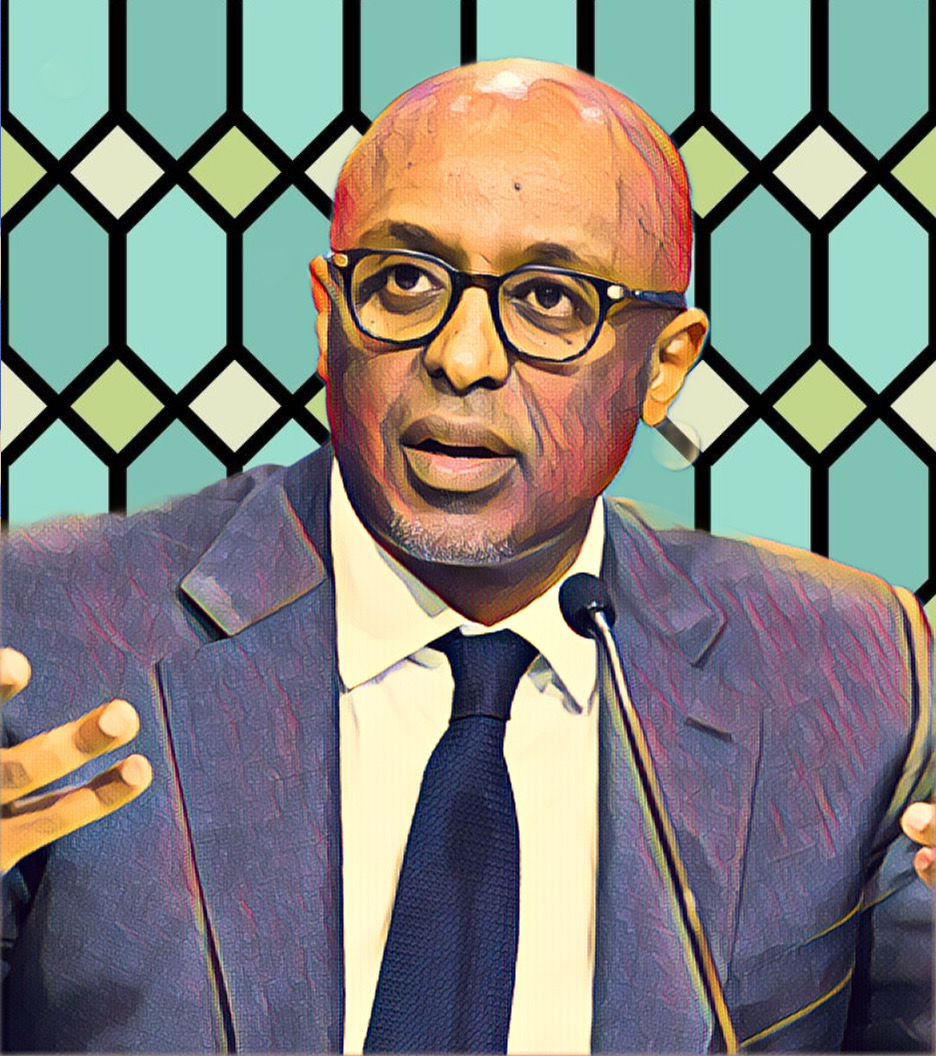Key Points
-
The IMF fastest-growing African economies list leaves out Nigeria.
-
Smaller reform-led nations outperform Nigeria in growth and stability.
-
Nigeria must deepen reforms to rejoin the IMF fastest-growing African economies list.
The fact that Nigeria is not on the International Monetary Fund’s most recent list of Africa’s fastest-growing economies has sparked a new debate among economists and policymakers about the speed and quality of the country’s economic recovery.
The IMF’s Regional Economic Outlook, which came out this week, named Benin Republic, Côte d’Ivoire, Ethiopia, Rwanda, and Uganda as the best places to grow in Sub-Saharan Africa by 2025. However, Nigeria, which has the largest population in Africa, was not on the list.
Nigeria doesn’t meet its growth goals
Abebe Selassie, the head of the IMF’s African Department, says that the economies mentioned are “among the world’s fastest-expanding” because they have stable governments, ongoing reforms, and more money going into energy, infrastructure, and manufacturing. Nigeria, on the other hand, is expected to grow by 3.9% in 2025, which is a small improvement over previous forecasts but still below the 6 to 8% range that the best-performing countries in the region are expected to reach.
The National Bureau of Statistics in Nigeria says that the economy grew by 4.23 percent in the second quarter of 2025. This is more than the 3.48 percent growth in the same time last year. This growth is impressive, but it’s not enough to close the gap with other countries in the region that have moved beyond relying on commodities.
Why Nigeria didn’t make the IMF list of the fastest-growing economies in Africa
The IMF says Nigeria was left out because it has a lot of structural and fiscal problems, like high inflation, a lot of debt, poor infrastructure, and a heavy reliance on oil exports. The Fund also talked about the “sovereign-bank nexus,” which is the growing reliance on domestic banks to take on government debt. This could make Nigeria’s financial sector more risky as a whole.
According to a report by the Punch news, analysts like Bismarck Rewane, Managing Director of Financial Derivatives Company, say that President Bola Tinubu’s reforms, like getting rid of fuel subsidies and opening up the foreign exchange market, were necessary but haven’t yet led to big increases in productivity. Rewane said, “Nigeria’s reforms are important, but they are taking a long time to put into action.” “The IMF is stressing the quality of growth, not just the big numbers.”
Reform is the quickest way to get back into the IMF’s club of fastest-growing African economies
The Federal Government says that its policies are setting the stage for long-term stability. Wale Edun, the Minister of Finance, said last week that Nigeria is following “a path of fiscal consolidation and competitiveness” to encourage private investment and collect more non-oil revenue. The IMF, on the other hand, says that Nigeria needs to go further by broadening its tax base, making its power supply more reliable, and investing in its people to keep growth going.
For now, Africa’s economy is being led by smaller countries that are making targeted changes. Rwanda continues to draw in investors from around the world thanks to good government and new technology. The manufacturing sector in Côte d’Ivoire is growing quickly, and Benin has used changes to its ports and logistics to boost exports.
It’s not good that Nigeria isn’t on the IMF’s list of the fastest-growing economies in Africa. Being the largest market on the continent doesn’t mean you’ll always be the fastest-growing. If Africa’s giant doesn’t make bigger changes to how it makes money, how much it can produce, and how its infrastructure works, it may keep punching below its economic weight while smaller, more nimble countries take the spotlight.


